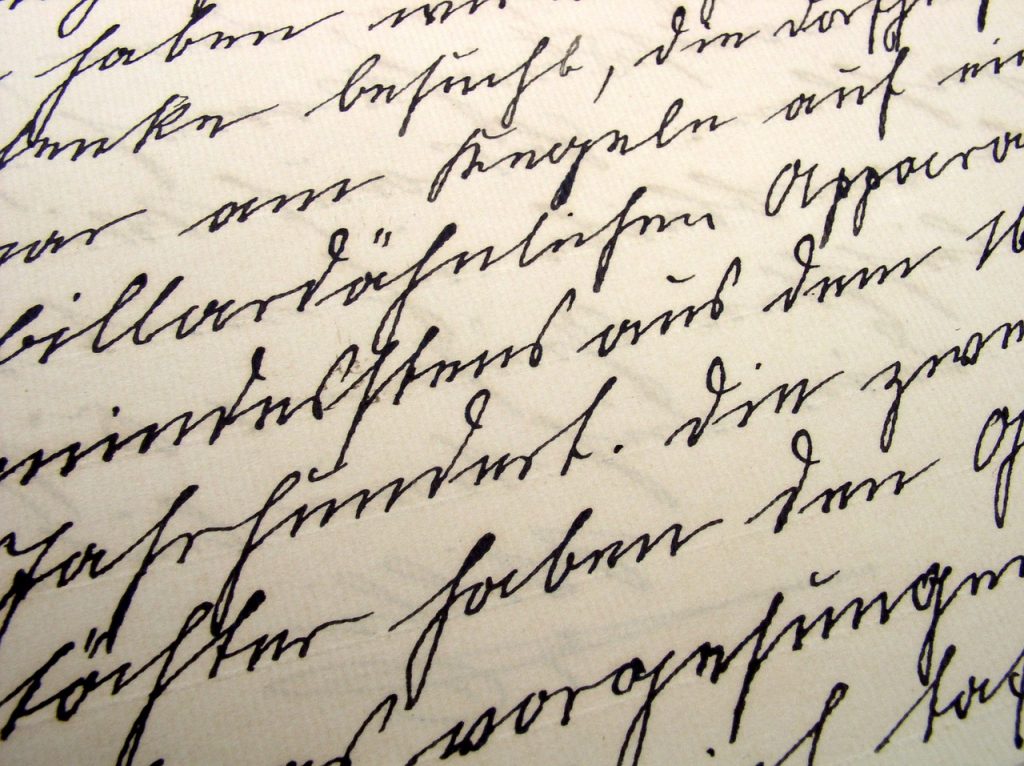Ten Must-Know Introductory Phrases in Russian — Part II Posted by Maria on May 9, 2016 in language
We are continuing from last week’s post about introductory phrases in Russian. These phrases help you bring ideas together in your writing and speaking. Make sure you read the first part for the first five phrases.
6. Кро́ме того́
Кроме того introduces additional information, akin to “besides.”
- Эта маши́на сли́шком дорога́я. Кроме того́, нам не́где ее паркова́ть. (This car is too expensive. Besides, we have nowhere to park it.)
Similar expressions include поми́мо э́того and бо́лее то́го.
- Помимо э́того, суро́вый законопро́ект дополни́тельно увели́чивает штраф за езду́ по тротуа́рам и велосипе́дным доро́жкам (In addition, this harsh bill further raises fines for driving on sidewalks and in bicycle lanes). [Мария Клапатнюк. Не заступай! (2013.04.01) // «Новгородские ведомости», 2013]
- Бо́лее того́, некорре́ктно свя́зывать отме́ну того́ или ино́го нало́га с его неработоспосо́бностью (Moreover, one shouldn’t link the repeal of a certain tax to its inefficiency). [Светлана Сухова. Мы можем просчитать вас полностью (2003) // «Итоги», 2003.01.13]
7. Скоре́е
Скорее is the comparative form of the adverb ско́ро (soon). It is used to say “more precisely” or “most likely.” A variation of this phrase is скоре́е всего́.
- Ны́нешнее состоя́ние явля́ется, скоре́е, отраже́нием потре́бностей ры́нка, чем техни́ческих возмо́жностей систе́м (The present condition is likely a reflection of market needs rather than of technical capabilities of the system). [Денежные переводы мигрантов — фактор инновационного развития мировой финансовой инфраструктуры // «Вопросы статистики», 2004]
- Че́рез 15 лет Кита́й, скоре́е всего́, сумее́т вы́садить челове́ка на Луну́ (China will most likely be able to send a person to the moon in 15 years). [К 2040 г. экономическая мощь КНР превысит американскую (2004) // РБК, 2004.09.11]
8. Как обы́чно
Обы́чно is the adverb “usually,” so как обычно means “as usual.” It is handy for commenting on typical events and situations.
- Мы, как обы́чно, опозда́ли на ле́кцию (As usual, we were late to the lecture).
Other similar expressions are как всегда́ (as always) and как полага́ется (as expected).
- Всё, как всегда́, вку́сно (Everything is delicious, as always).
- А жи́ли мы, как полага́ется, в подва́ле (We lived, as one would think, in the basement). [Ю. О. Домбровский. Факультет ненужных вещей, часть 5 (1978)]
9. К сожале́нию
Сожале́ние is a noun meaning “regret.” The corresponding verb (to regret) is сожале́ть. К сожале́нию as an introductory phrase means “regrettably” or “unfortunately.”
- К сожале́нию, я не смогла́ доста́ть биле́ты на бале́т (Sadly, I wasn’t able to get ballet tickets).
10. К сча́стью
К сча́стью (pronounced к ща́стью) is the opposite of к сожалению and means “luckily.” Сча́стье means “happiness,” and “счастливый” means happy.
- Я с де́тства люблю́ му́зыку, и слон мне на у́хо, к сча́стью, не наступи́л (I’ve loved music since my childhood, and, fortunately, I’m not tone-deaf, either). [Николай Зуев. Ирина Слуцкая – снежная королева (2002) // «100% здоровья», 2002.11.11]
If you open any article or opinion piece, you will likely see at least one of them. What are some of your favorite examples?

Build vocabulary, practice pronunciation, and more with Transparent Language Online. Available anytime, anywhere, on any device.






Comments:
Tandan:
Thank You. Anyone looking for more should check out Kagan’s Immediate to Advance Russian.
Maria:
@Tandan Thank you, Tandan.
Dave Graber:
I’m curious – did you realize that the picture sent out with this was of Old Script German?
Maria:
@Dave Graber Dave, yes, I suspected so from the umlauts, although I can’t make out the handwriting very well.